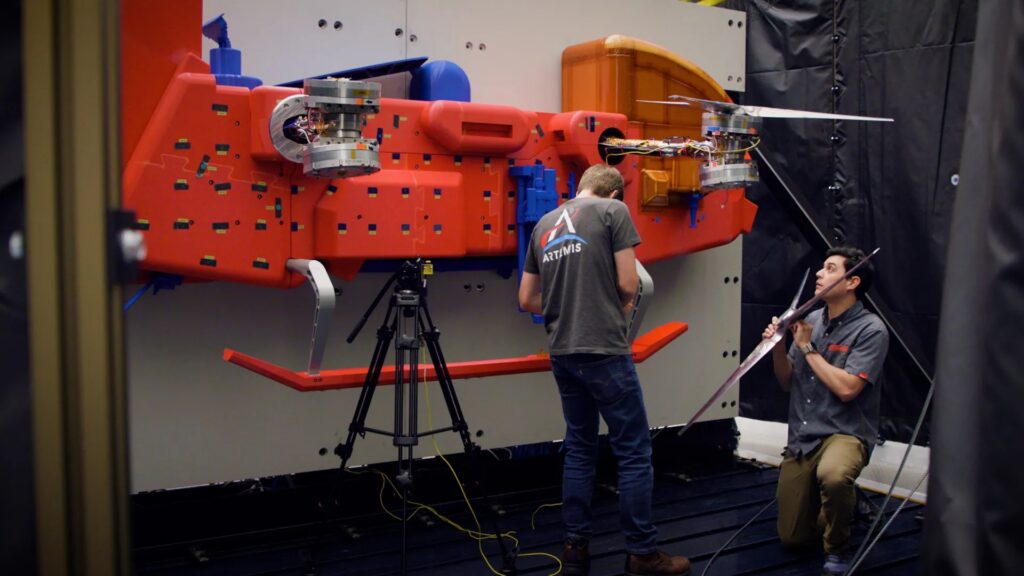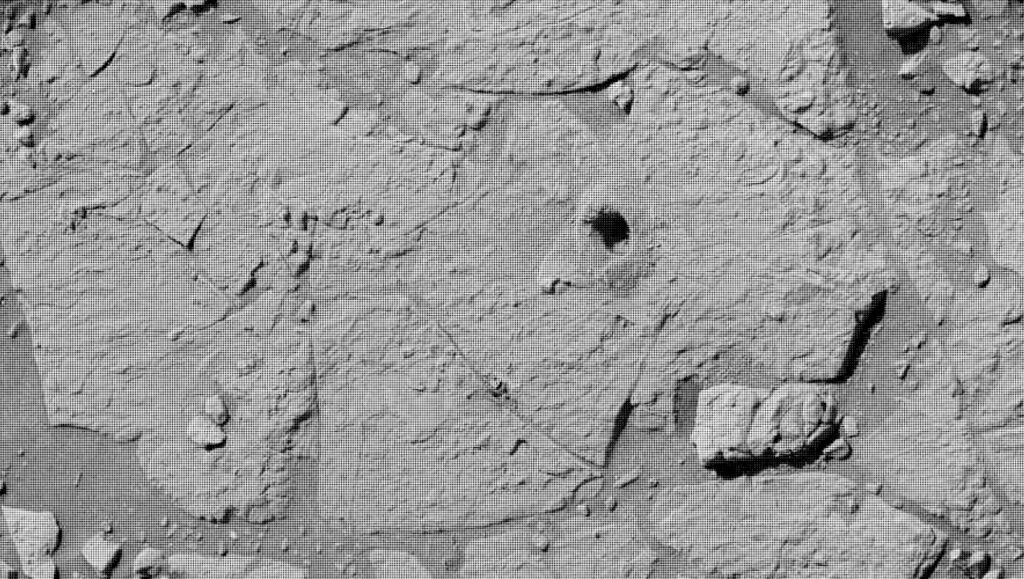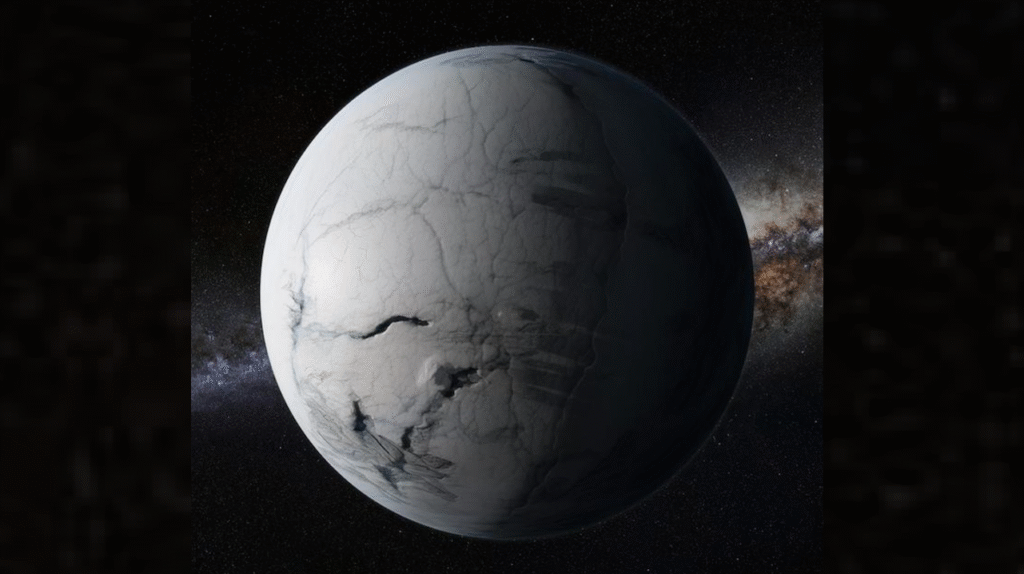Self-limited Tidal Heating And Prolonged Magma Oceans In The L 98-59 System

Rocky exoplanets accessible to characterisation often lie on close-in orbits where tidal heating within their interiors is significant, with the L 98-59 planetary system being a prime example.
As a long-term energy source for ongoing mantle melting and outgassing, tidal heating has been considered as a way to replenish lost atmospheres on rocky planets around active M-dwarfs. We simulate the early evolution of L 98-59 b, c and d using a time-evolved interior-atmosphere modelling framework, with a self-consistent implementation of tidal heating and redox-controlled outgassing.
Emerging from our calculations is a novel self-limiting mechanism between radiative cooling, tidal heating, and mantle rheology, which we term the ‘radiation-tide-rheology feedback’. Our coupled modelling yields self-limiting tidal heating estimates that are up to two orders of magnitude lower than previous calculations, and yet are still large enough to enable the extension of primordial magma oceans to Gyr timescales.
Comparisons with a semi-analytic model demonstrate that this negative feedback is a robust mechanism which can probe a given planet’s initial conditions, atmospheric composition, and interior structure. The orbit and instellation of the sub-Venus L 98-59 b likely place it in a regime where tidal heating has kept the planet molten up to the present day, even if it were to have lost its atmosphere. For c and d, a long-lived magma ocean can be induced by tides only with additional atmospheric regulation of energy transport.
Harrison Nicholls, Claire Marie Guimond, Hamish C. F. C. Hay, Richard D. Chatterjee, Tim Lichtenberg, Raymond T. Pierrehumbert
Comments: In review at MNRAS
Subjects: Earth and Planetary Astrophysics (astro-ph.EP)
Cite as: arXiv:2505.03604 [astro-ph.EP] (or arXiv:2505.03604v1 [astro-ph.EP] for this version)
https://doi.org/10.48550/arXiv.2505.03604
Focus to learn more
Submission history
From: Harrison Nicholls
[v1] Tue, 6 May 2025 15:04:30 UTC (1,759 KB)
https://arxiv.org/abs/2505.03604
Astrobiology








